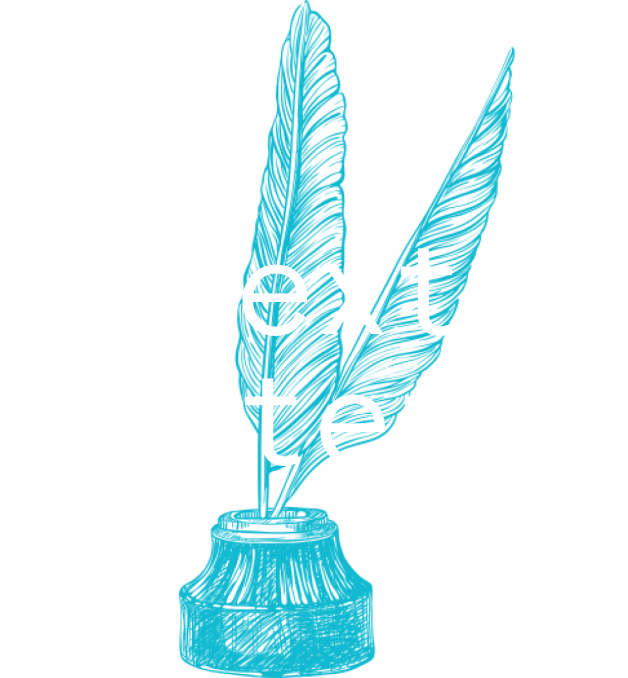October 5, 2010
picture books
David Abrams, new Kindle owner and speculator about the future of reading: While I might initially object to the distraction of video clips in the middle of fiction narrative, I have to remind myself of how many times I’ve been pulled out of “Bleak House” or “Nicholas Nickleby” by the marvelous illustrations...

